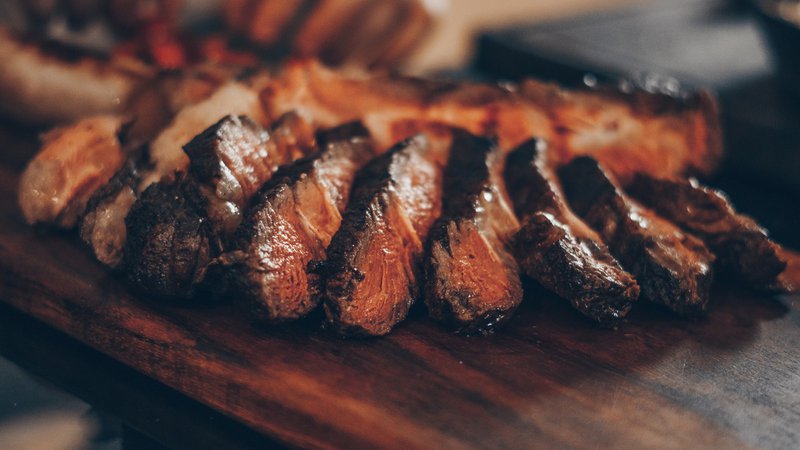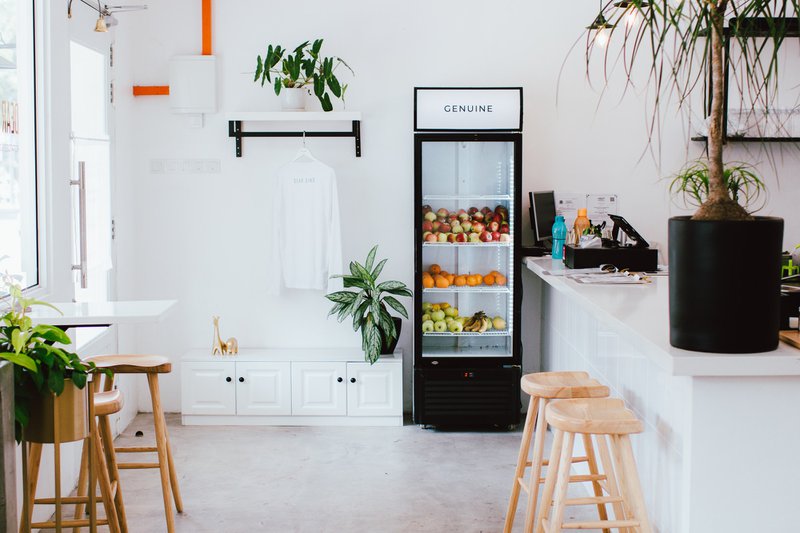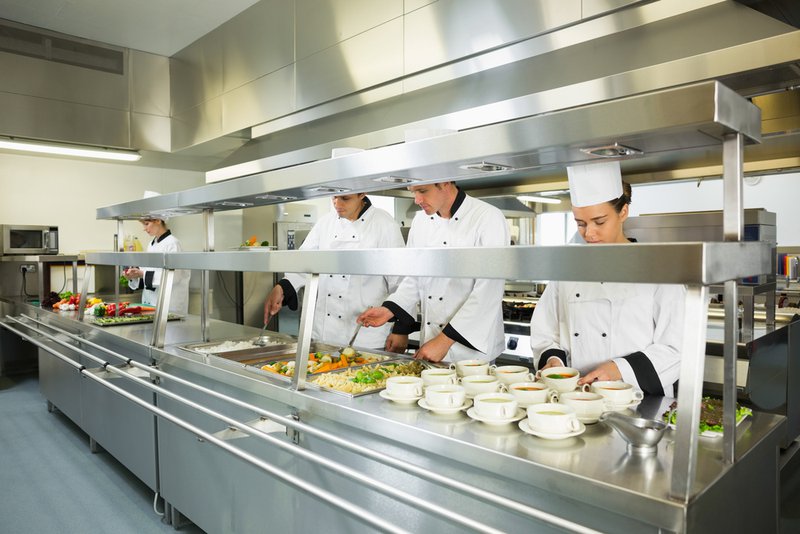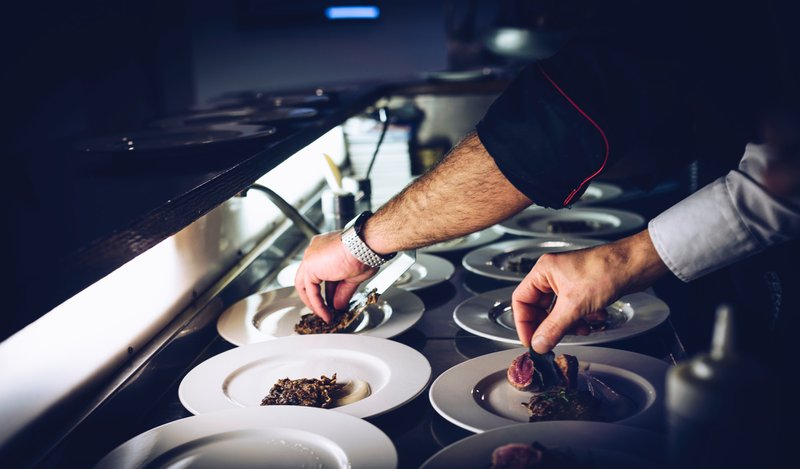To understand how to clean a commercial cooker, we need to look at the methods to clean a commercial kitchen. The truth of the matter is that many of the techniques to clean a commercial cooker are used in the commercial kitchen in general. so, let us take a closer look at what you need to know.
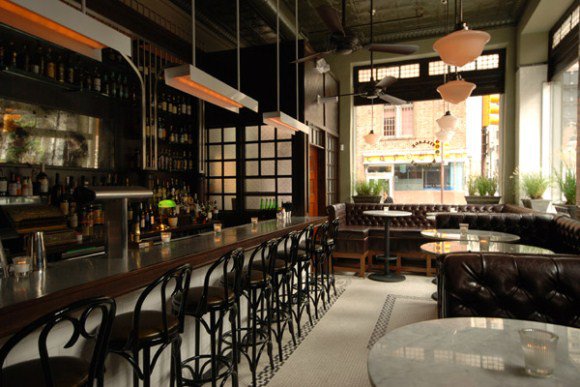
How Often Do I Clean Grease Traps, Kitchen Exhausts, And Interceptors?
Certain parts of your commercial kitchen need be cleaned weekly; this to prevent fire and to ensure the proper hygiene standards are adhered to. The proper cleaning of grease traps, exhausts and interceptors will also prevent problems with your sewer line.
How To Clean Stainless Steel Cookers, Countertops, And Other Commercial Kitchen Equipment?
Many commercial kitchens largely consist of stainless steel. The reason why stainless steel is a popular choice for many commercial kitchens is its natural resistance against bacteria; this means that food standards can be easier maintained.
For a stainless steel kitchen, use a slightly damp cloth and a mild detergent. Don’t use anything too abrasive, as this can leave a residue or cause premature damage to your equipment. Stainless steel kitchen equipment also has its own finish, so make sure you don’t wipe against the direction of that finish.
Of course, water and detergent may not be enough for some strains; this may include sticky grease. In these cases, you can use some simple baking soda. Please note that baking soda is abrasive in nature, so be careful when you scrub surfaces with it.
If you rather not use baking soda because you are afraid you will damage the equipment, you can acquire some special commercial equipment cleaner. These cleaners usually come in the form of the cream and must be left on the grease for a little while. Then, you should be able to wipe it away. However, always make sure you rinse thoroughly with water so no residue remains.

How To Keep The Floor Pristine?
The kitchen floors should be just as pristine as the rest of your kitchen. Unfortunately, not all restaurants keep to this standard. They should though, especially when you think about that a dirty floor could have a negative influence on food hygiene and quality.
Regularly mopping the kitchen floor is just one of the things to do. You will also need a commercial degreaser, which ensures grease is properly removed from the floor. Like the cream cleaner we mentioned earlier, the special cleaning solutions should be allowed to work for a little while before it is removed.
The Importance Of A Commercial Kitchen Cleaning Schedule?
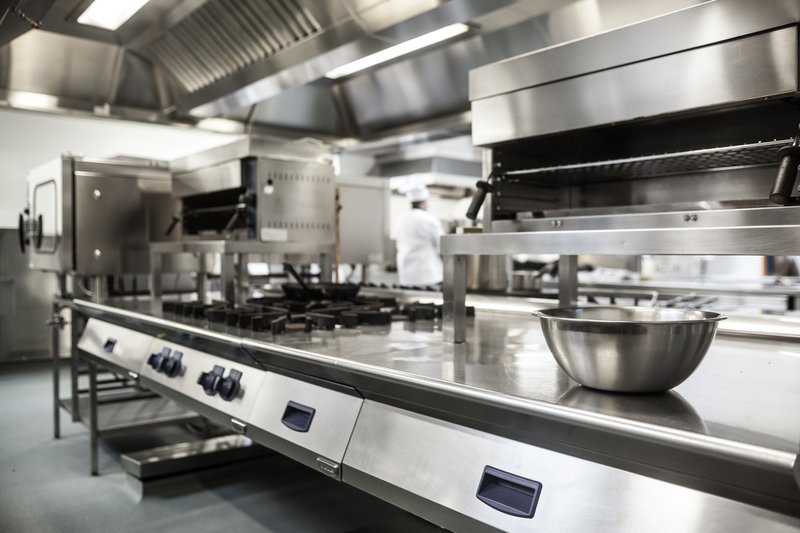
Some cleaning tasks will have to be done daily, while others are only weekly, monthly, or annually. To ensure you meet the strict hygiene standards for your commercial kitchen, always have a detailed cleaning schedule for your staff. It is also necessary to have the cleaning tasks inspected regularly, especially if you are not on the premises at all times. Inspections can also lead to potential improvements in the cleaning schedule and a more effective kitchen. If you’re unable to do cleaning inspections yourself, assign a member of staff who will be responsible for this task. The assigned person can provide you with a weekly or monthly report, so you still maintain control of your restaurant’s cleanliness.


